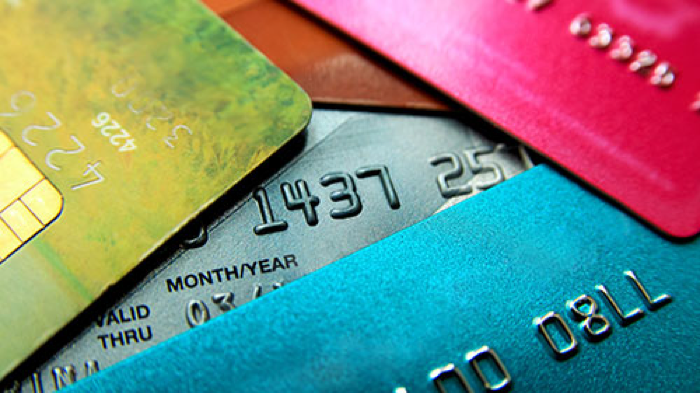When Should You Use Your Debit Card for Purchases?
Back when you were young and first opened a checking account, you probably used your debit card all the time, feeling the freedom of making purchases...
Manage your everyday finances with convenient accounts, flexible cards, and personalized service designed to fit your life.
At First Federal Bank, we offer flexible mortgage solutions for almost any situation, helping you secure the right financing for your dream home.
Business banking offers secure financial management, streamlined transactions, credit options, and tools to help businesses grow efficiently and sustainably.
2 min read
First Federal Bank : January 17, 2024 10:00:00 AM EST

 Carrying a card for everyday purchases can make life much more convenient, but the question you have to ask before opening your wallet is which card you should use. Credit cards and debit cards will both allow you to pay for the things you need, but each offers unique functions that separate one from the other.
Carrying a card for everyday purchases can make life much more convenient, but the question you have to ask before opening your wallet is which card you should use. Credit cards and debit cards will both allow you to pay for the things you need, but each offers unique functions that separate one from the other.
Back when you were young and first opened a checking account, you probably used your debit card all the time, feeling the freedom of making purchases...

You probably seen credit card rewards advertised as a benefit. But do you know how to make the most of your rewards once you earn them? Here’s how...

Chances are you have received conflicting advice about credit cards. Are they good or are they bad? It can be confusing to know when and how to use...
Manage your accounts, make payments, and more.
Open an account with us.